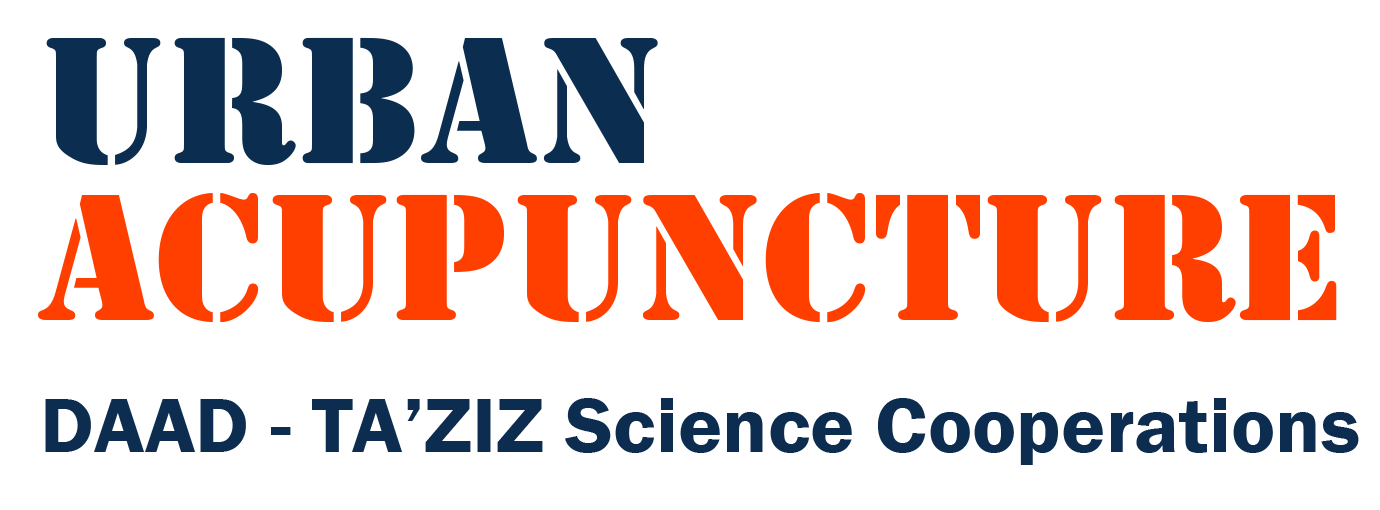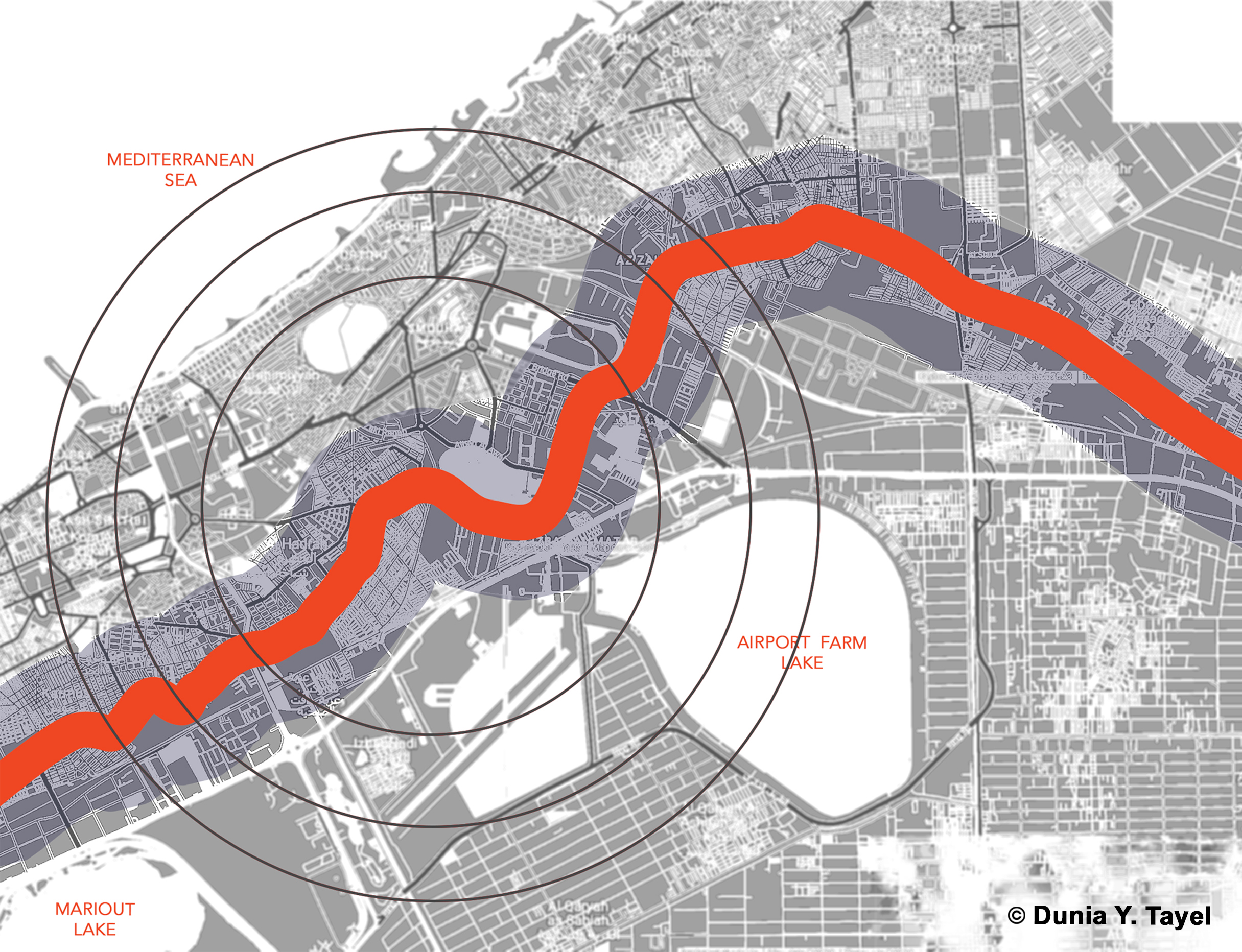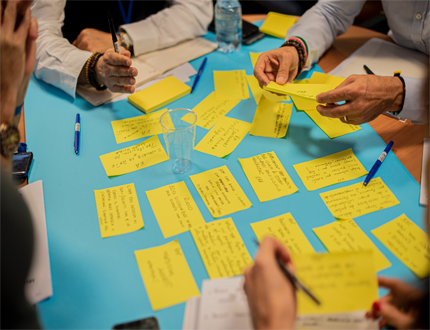
Name :
Urban Acupuncture: Bridging Theory and Practice - An Expert Workshop
Duration:
31. October 2023 - 14:00-18:00 CET
Location:
Online via Zoom
Urban Acupuncture: Bridging Theory and Practice - An Expert Workshop
Unlock the transformative potential of urban spaces with our first online expert workshop on Urban Acupuncture. Join us as five distinguished experts from Egypt, Cuba, Iraq, and Lebanon converge to present a diverse spectrum of insights, ranging from theoretical frameworks to real-world practical applications.
Urban Acupuncture is a holistic approach to urban design that seeks to revitalize and harmonize communities through strategic interventions in the built environment. In this workshop, we delve into the core principles, methodologies, and success stories that have revolutionized cities worldwide.
Who can apply?
This workshop is open for urban planners, urban advocates, urban designers, architects, landscape architechts, community development professionals, and students and researchers in urban studies.
Schedule:
The event is divided into two sessions, each for two hours. During each session, the experts will provide 30 min. presentation each. Each session is followed by a 30 min. panel discussion.
Note: All sessions will be recorded and posted later on our website.
Session 1 - (14:00-16:00 CET):
- University Community Urban Labs for Interactive Learning and Innovative Societal Solutions
- Urban acupuncture for a divided city: Resources and assets
- Panel Discussion
Session 2 - (16:00-18:00 CET):
- Revitalizing Urban Cores: Lessons from Successful Case Studies
- Converging Digital Technologies & Traditions: An Approach to Optimized Urban Interventions
- Havana: in search of healing points for a city in pain
- Panel Discussion
Meet our Experts:
Session 1 - Experts:
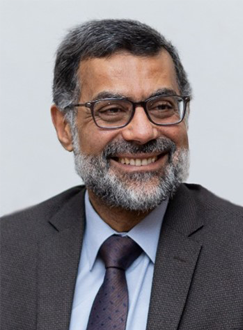
Name:
Hany Mohamed Ayad
Title:
Professor of Urban Planning
Affiliation:
Alexandria University
Hany M. Ayad is a professor of regional and urban planning. He received his B.Sc. and M.Sc. degrees from the Faculty of Engineering, Alexandria University, Egypt, and his Ph.D. from the same University as a joint venture with the Illinois Institute of Technology, USA. He has been on Alexandria University in the Department of Architecture since 1987.
Prof. Ayad research focuses on the dynamics of urban growth in developing countries as well as the study of cities’ morphologies and evolution. He was involved in several projects with the UN-Habitat, World Bank, WHO and UNDP, and participated in the preparation of GIS and urban planning standards and guidelines in Egypt. He collaborated in establishing Urban Labs in both Alexandria University and Beirut Arab University.
In 2006, He received the Egyptian National Incentive Award for his work in the renovation of the Pharos area, one of the most important historical parts of Alexandria city. Prof. Ayad was also involved with the ISDF (Informal Settlements Development Facility) in delineating and preparing intervention action plans for several unsafe areas in Egypt. He was a member of the ISC Science Committee for Health and Wellbeing in the Changing Urban Environment: a Systems Analysis Approach (2014-2019), and is currently a member of the Population Environment Research Network (PERN)."

Name:
David Aouad
Title:
Assistant Professor
Affiliation:
School of Architecture and Design/Lebanese American University / Director of the Institute for Environmental Studies and Research (IESR) at LAU
David Aouad holds a master’s degree in urban planning and a bachelor’s in architecture from the University of Montreal. He started an independent practice in 1999 and has since teamed up with partner Juliana El-Haddad to establish the firm DAJH Architects. Besides his practice, Aouad is an Assistant Professor of Practice at the Lebanese American University, where he teaches Senior Architecture and Design studios at the School of Architecture and Design. In 2020, Aouad was appointed director of the Institute for Environmental Studies and Research [IESR] at LAU.
Aouad’s research agenda revolves mainly around topics of critical importance within the public realm such as residual spaces, disconnected urban fragments, urban heat islands, rural regeneration, urban crisis management, and divisions within the city. He is working on a series of interconnected research projects in Beirut on urban mobility, habitability, and the urban project. His writings on non‐constructible parcels, urban heat islands, education, and sustainable planning have been published in Urban Planning, Climate, Sustainability, Mobility and Design, and in many edited collections on architectural societal challenges, sustainability, and climate.
Session 2 - Experts:
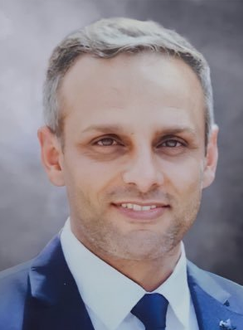
Name:
Dhirgham Alobaydi
Title:
Assistant Professor Dr.
Affiliation:
University of Baghdad
Dhirgham Alobaydi, renowned in the field of urban design and planning, serves as the Head of the Department of Architecture Engineering at the University of Baghdad. Holding a Doctor of Philosophy and a Master of Architecture from the University of Kansas, his expertise lies in understanding the intricate nuances of urban spaces.
His dedicated research delves deep into the morphological evolution of Iraqi cities, emphasizing urban forms and the essential role played by streets and syntactic properties of urban grids. His studies are not only academically enriching but also profoundly impact the practical aspects of city planning. Specifically, his work focuses on creating urban spaces that are not only aesthetically pleasing but also foster well-connected, thriving communities.
Beyond academia, Dhirgham is a staunch advocate for preserving human heritage and historic cores. He demonstrated his commitment by leading the Iraqi research group in the Heritage Borders of Engagement Network Project, a testament to his passion for safeguarding cultural legacies.
His contributions extend beyond research papers. Dhirgham has supervised many studies related to tangible and intangible cultural heritage, ensuring that the rich history of communities is preserved for future generations. Additionally, his efforts have significantly enhanced the educational and communication functions of cities, emphasizing the importance of sustainable urban development in today's rapidly changing world.
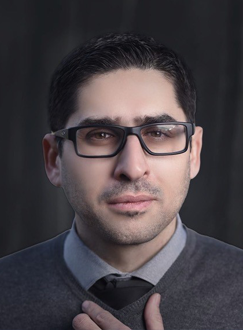
Name:
Mostafa Alani
Title:
Visiting Associate Professor
Affiliation:
Tuskegee University
Dr. Mostafa Alani is a practicing architect and educator. He holds a Ph.D. in Planning, Design, and Built Environment, along with a certificate in Digital Ecology from Clemson University in the United States. Currently, Mostafa serves as a visiting Associate Professor of Architecture and Design at the Robert R. Taylor School of Architecture and Construction Science at Tuskegee University. In addition to his academic role, Mostafa is a board member at the Arab Society for Computer-Aided Architectural Design (ASCAAD) and holds the position of AIA ME country representative in Iraq. As a researcher, his primary focus lies at the intersection of computational design and contextual design issues, and his research has been published in several reputable journals and conferences, including the ARCHNET International Journal of Architectural Research and the International Journal of Architectural Computing. Mostafa has also dedicated his career to teaching architecture in various programs both in the United States and Iraq. He has emphasized the use of digital design and manufacturing technologies in architecture. His student’s work has been exhibited at various venues, including Tech Showcase, which was held at the Digital Building Lab Symposium at Georgia Tech, 2018. Mostafa participated in and won numerous architectural competitions. In 2017, he participated in the Rifat Chadirji Prize, which was organized by Tamayouz Excellence Award, UK, to reconstruct Mosul city fabric, and his project was selected among the ten top projects.

Name:
Jorge Peña Díaz
Title:
Prof. Dr. Arch.
Affiliation:
Faculty of Architecture, Technological University of Havana " José Antonio Echeverría" _ CUJAE
Prof. Dr.Jorge Peña Díaz has developed a career that combines teaching, research and practice in an articulation of local and international engagements. The projects he has joined and led deal with the search of solutions for a socio-technical transition towards more sustainable urban development through its integration into planning and landscape strategies, urban design and architectural proposals. They address multiple challenges around topics such as development planning, urban analysis, urban mobility, urban food systems, urban heritage and public space among other.
His work has been awarded several national and international recognitions and been published in several dozens of articles.
He has been a guest lecturer and researcher at Universities in North America, Europe, Asia and Latin America where he has collaborated with Harvard University, Pratt Institute, ETH Zurich, Bartlett School of Architecture of the University College London, Technical University of Delft, University of Muenster FHM, Technical University of Aachen (RWTH), TU Berlin, Anant University Ahmedabad, University of Sao Paulo, Universidad Federal de Rio de Janeiro, Scola da Cidade among others. He has also collaborated with consultancy and planning practices in Cuba, the UK, Germany and from France.
